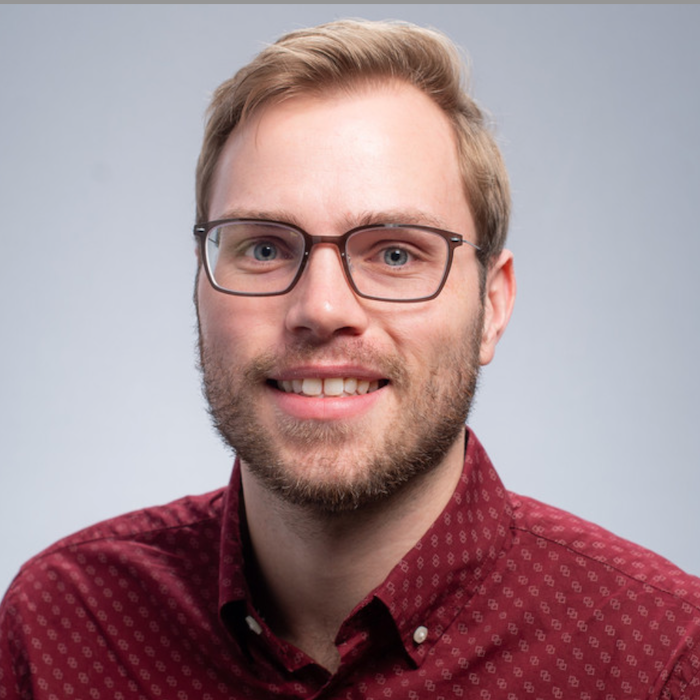Michael Patton, an M.D.-Ph.D. student at the Heersink School of Medicine, received the 2023 New England Journal of Medicine scholarship for the Symposium on Artificial Intelligence for Learning Health Systems (SAIL) and gave a Spotlight Talk at the conference. Michael Patton, M.D.-Ph.D Student
Michael Patton, M.D.-Ph.D Student
SAIL is an innovation-centered international conference focused on integrating artificial intelligence (AI) and machine learning (ML) into modern clinical health care systems. The symposium is limited to 150 influential attendees who are making considerable strides in facilitating and advancing AI use in health care. Patton delivered his Spotlight Talk “Has machine learning made a difference yet? A retrospective analysis of in-hospital mortality prediction” at SAIL on May 10, in Río Grande, Puerto Rico.
During his PhD, Patton has been working with the Louisiana Healthcare System, Harvard Mass General, and the University of Alabama at Birmingham health data to assess critical care outcomes for conditions such as sepsis, acute organ failure, and ventilation, as well as chronic post-hospitalization outcomes like Long COVID. He has also researched 30 years’ worth of mortality and sepsis prediction algorithms. Patton’s SAIL Spotlight Talk asked if the community had made any improvement in predicting these outcomes, as well as how the pandemic changed their understanding of machine learning modeling for outcomes.
“The honest truth is that the algorithms leave a lot to be desired,” said Patton. “The pandemic was an eye-opening experience for a lot of people working in this space. Several universities in the U.S. actually turned the algorithm-based alert systems off in their hospitals because of poor performance predicting outcomes like sepsis coupled with crippling alert fatigue for healthcare providers on the front line.”
It’s no secret that there is an imbalance in the supply versus demand ratio when it comes to health care. With some patients waiting months to be seen, AI has the potential to save all health care professionals valuable time by assisting with some of the more monotonous tasks, such as automating patient notes and histories of illness, creating differential diagnoses that can be quickly sifted through and edited, and automating all types of image analysis, such as radiologic echocardiograms. Patton equates it to a stethoscope—a tool for physicians to use.
“I think there's a lot of groundwork to be done, but there are so many patients who have strange symptoms that do not fit into one diagnostic bucket, and AI is really, really good at searching through all known diseases and syndromes and picking out the rare zebras from the pack,” said Patton. “I came away from the conference excited for potential applications in multiple domains of medicine.”